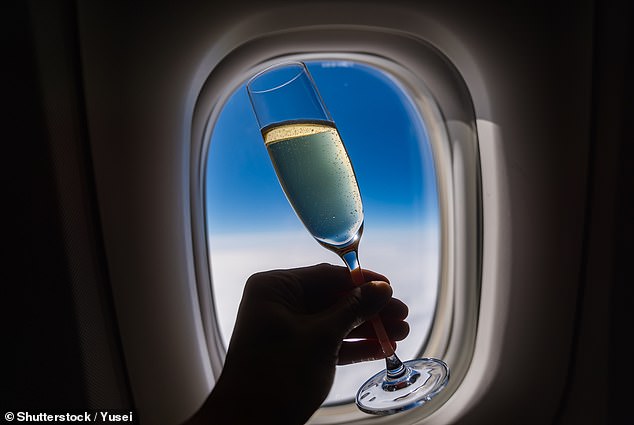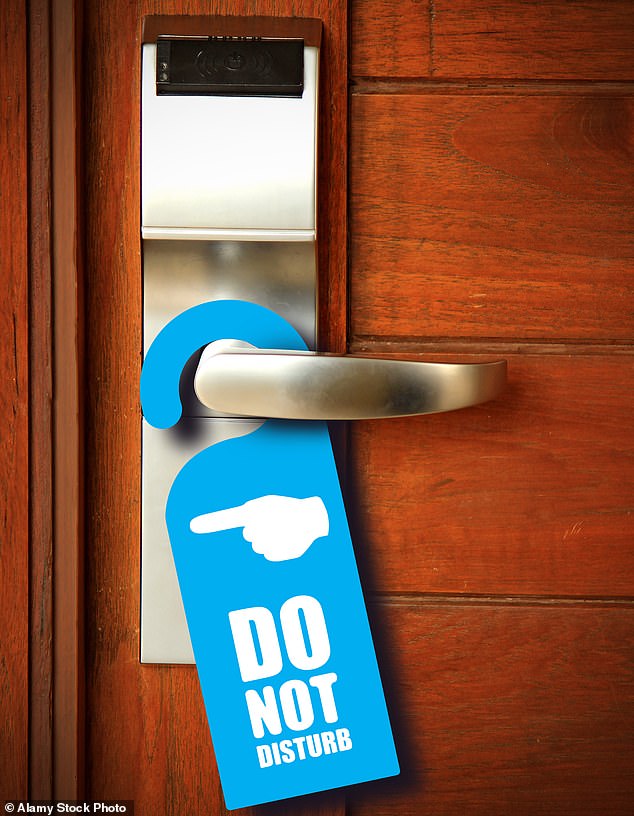Ten jet lag busters! Airline crew’s tips to make long-haul travel a breeze – and a warning about sleeping pills
There are all kinds of theories about how to complete a long-haul flight without feeling exhausted.
It’s an occupational hazard for cabin crew… but here are their tried and tested tips.
1. Go local – fast
Set your watch to the time at your destination as soon as you land (most phones do this automatically). It’s easier to live on local time if you fly west because you’ll normally arrive closer to bedtime. Fly east and you might have a full day to get through before bed. “That’s why the cabin crew say the West is the best and the East is a beast,” says Jennie Jordan, author of Flying High, a book about the lives of flight attendants.
2. Limit your naps
A short nap after arrival is fine, preferably in the morning, as it won’t affect your body clock as much as a long afternoon nap – and you’re less likely to lose sleep during the night. But it’s best to stick to your regular bedtime. Planning an activity for the first day, even if it’s just going to a restaurant for an early dinner, can take your mind off sleep.
The experts recommend changing your watch as soon as you land at your destination and avoiding long naps in the afternoon

Alcohol is more potent at high altitude and leads to dehydration, worsening fatigue
3. Booze is bad news
Free drinks may be tempting, but alcohol has more effect at 10,000 meters because cabin pressure lowers blood oxygen levels. Drinking too much can cause a hangover shortly after landing, further confusing the body clocks that sore heads associate with early mornings. Dehydration also causes fatigue and worsens jet lag.
4. Drink in the fresh air
Don’t drink your coffee/tea indoors on your first morning. Take a cup with you in the garden, the hotel pool or even on the street so that you get fresh air and feel the daylight on your skin as early as possible. It helps your subconscious mind register that it is morning and ease you into the new time zone.

Taking your coffee to the pool in the morning will make you feel more comfortable in the new time zone

A walk at dusk promotes digestion and helps with acclimatization
5. Take a walk
Scientists say that dog owners tend to sleep well when they take short walks in the evening, stretching the muscles and reminding the subconscious that darkness has fallen. So take a twilight walk on holiday. And never go straight from dinner to bed, which can cause indigestion and jet lag.
6. Rules for sleeping pills
Three nights of sleeping pills is enough: Over-the-counter, prescription, or herbal pills can help you sleep in a new time zone, but Dr. Ben MacFarlane, author of Holiday SOS: The Life-Saving Adventures Of A Traveling Doctor, warns against overpacking. “After the third night, you should be able to sleep naturally,” he says. ‘Make a habit of taking medication on holiday and it can be difficult to break the cycle at home.’
7. Avoid disruptions
Don’t risk waking up if you fall asleep for an afternoon nap in a hotel. Most cabin crew silence their cell phones and put up “Do Not Disturb” signs.

Cabin crew tend to use do-not-disturb signs so they can sleep without an unwelcome slap from housekeeping

DJ Calvin Harris, pictured here with his wife Vick Hope, advises eating egg yolks while they’re in the air – although it’s not clear if there’s a scientific basis for that
8. Embrace background noise
Experts say it pays to embrace low noise levels in planes and hotels. Tell your brain that it’s okay to be surrounded by a low hum of activity so you’re more likely to sleep. White noise, including recordings of wood fires, can also soften sounds that might otherwise wake us up.
9. Don’t make it brutal
Some swear by a British era while they’re away. They say it’s easier to click back to British times. Critics think this only works for business travelers who are away for one or two nights. If you’re away for a week, ignore UK time completely.
10. Ignore weird tips
DJ Calvin Harris recently said that eating raw egg yolks on flights prevents him from getting jet lag. When he flies long distances, he says he puts six eggs in his carry-on, then cracks them and eats the yokes in his (first class) seat. does this work? Doubtful – but everyone has his or her own opinion.
